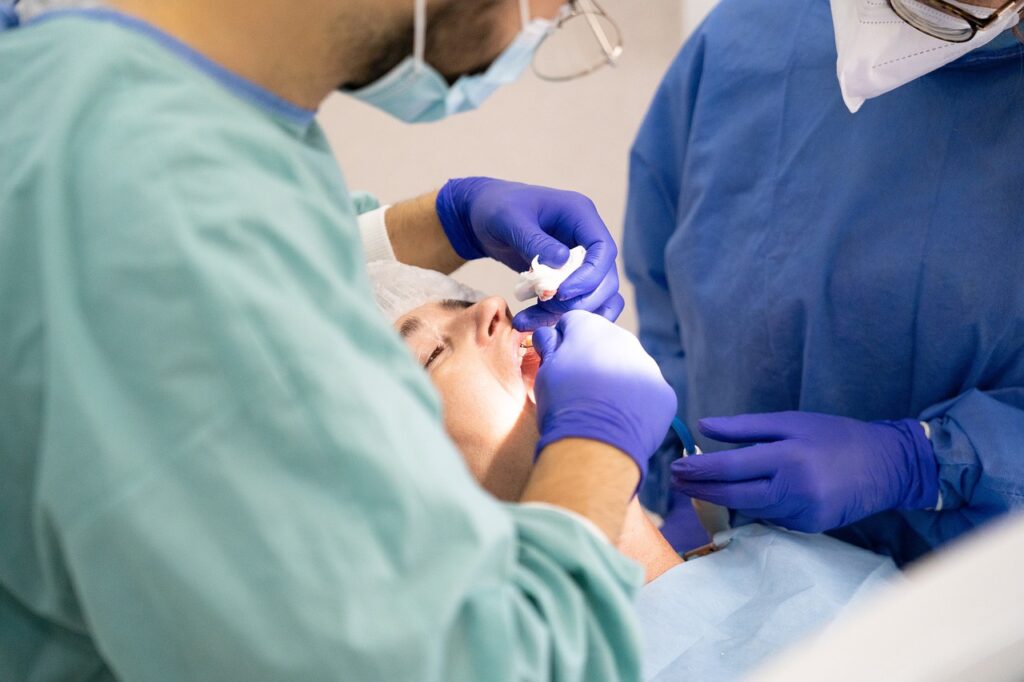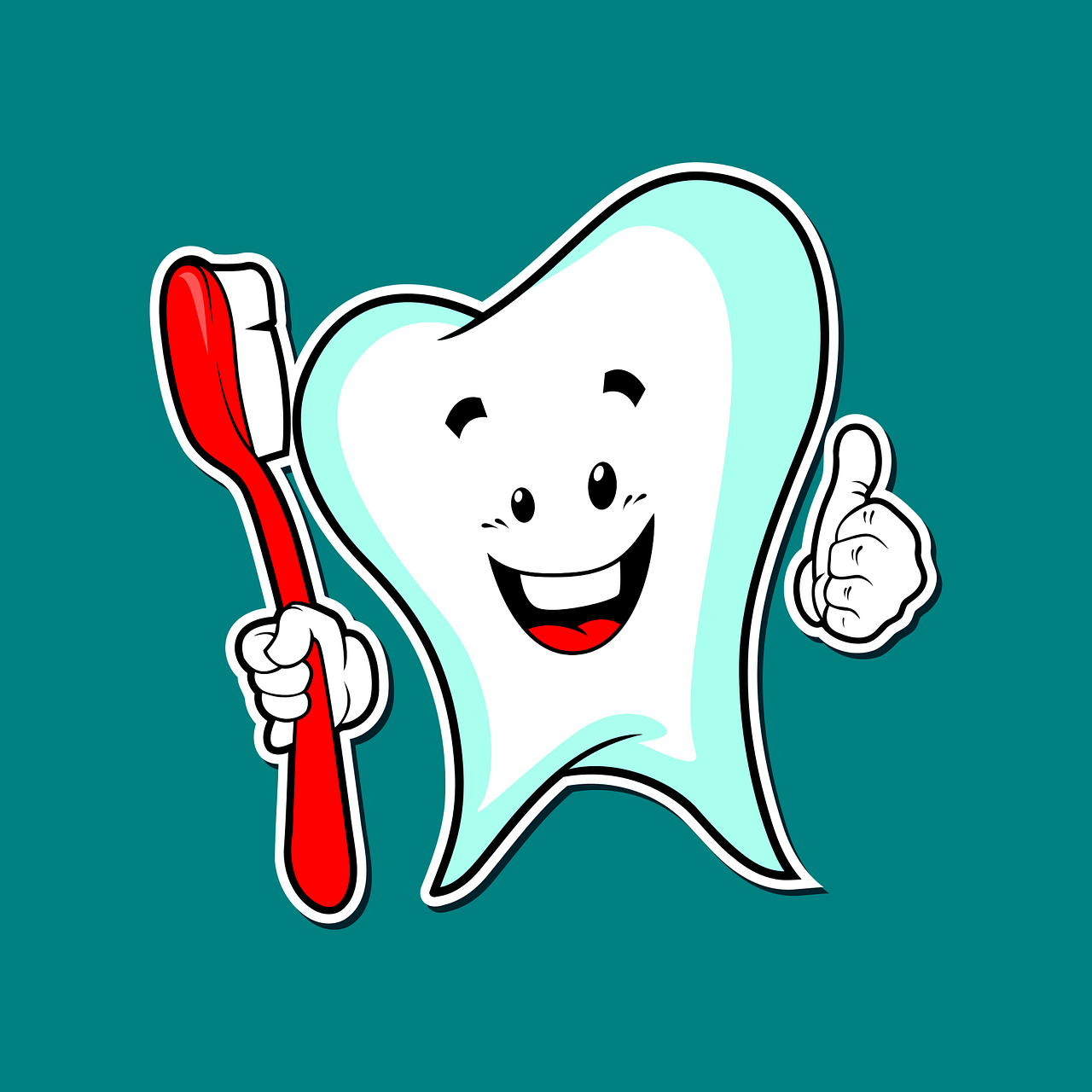Introduction
In this article, we will explore the topic of tooth calcium deficiency and its significance in maintaining optimal oral health. Calcium plays a crucial role in the development and maintenance of teeth, and a deficiency can lead to various oral health problems. We will discuss the causes, signs and symptoms, preventive measures, and available dental treatments for the same. By understanding the importance of calcium and taking necessary steps, we can ensure the health and strength of our teeth.
Discover the impacts of Tooth Calcium Deficiency on oral health and learn effective prevention and treatment strategies. Explore FAQs for comprehensive insights.
Welcome to the world of dental wellness, where the focus is on the often-overlooked aspect of oral health – Tooth Calcium Deficiency. In this comprehensive guide, we will delve into the nuances of this condition, shedding light on its significance, symptoms, causes, and practical steps for maintaining optimal dental well-being.
What is Tooth Calcium Deficiency?
Tooth calcium deficiency refers to a condition where there is an insufficient amount of calcium in the teeth. Calcium is a vital mineral that contributes to the formation and strength of teeth, as well as overall bone health. When the body lacks adequate calcium, it may not be able to properly maintain tooth structure, resulting in weakened teeth and potential oral health issues.
- Causes of Tooth Calcium Deficiency
There are several factors that can contribute to tooth calcium deficiency. Some common causes include: - Inadequate calcium intake through diet
- Vitamin D deficiency, which affects calcium absorption
- Poor oral hygiene leading to tooth decay and enamel erosion
- Certain medical conditions that affect calcium metabolism
- Excessive consumption of acidic and sugary foods and beverages, which can leach calcium from the teeth

Signs and Symptoms
Recognizing the signs and symptoms of tooth calcium deficiency is essential for early intervention and treatment. Some common indications include:
- Expanded tooth aversion to hot or cold temperatures
- Tooth pain or discomfort during chewing or biting
- Formation of white spots on the teeth, indicating early-stage decay
- Teeth that appear yellow or discolored
- Brittle or weak teeth prone to fractures
- Delayed tooth eruption in children
Understanding the Importance of Calcium for Teeth:
Role of Calcium in Tooth Health
Calcium isn’t just vital for strong bones; it plays a crucial role in maintaining the integrity of our teeth. Ensuring an adequate supply of calcium is like providing armor to your pearly whites, fortifying them against decay and damage.
Tooth Sensitivity
One of the earliest indicators of calcium deficiency in teeth is increased sensitivity. If sipping hot or cold beverages makes you wince, it might be time to consider the state of your tooth calcium levels.
Tooth Decay
Calcium deficiency can pave the way for tooth decay, eroding the protective enamel layer. Regular dental check-ups can catch this early, preventing more extensive damage.
Causes of Tooth Calcium Deficiency:
Dietary Factors
A diet lacking in calcium-rich foods is a common culprit behind tooth calcium deficiency. Incorporating dairy, leafy greens, and fortified foods can make a significant difference.
Medical Conditions
Certain medical conditions, such as malabsorption issues, can hinder calcium absorption. Understanding these underlying factors is crucial for effective management.
Impact on Oral Health:
Effects on Enamel
Calcium deficiency weakens tooth enamel, leaving teeth vulnerable to decay and damage. Strengthening enamel through dietary changes becomes imperative in mitigating this risk.
Gum Health
Beyond teeth, calcium deficiency can affect gum health, potentially leading to periodontal issues. Nurturing overall oral health is a holistic approach to combatting this concern.
Diagnosing Tooth Calcium Deficiency:
Dental Examinations
Regular dental check-ups are pivotal in diagnosing tooth calcium deficiency. Dentists can identify early signs, allowing for timely intervention and preventive measures.
X-rays and Imaging
In some cases, X-rays and imaging may be employed to assess the extent of calcium loss and strategize a personalized treatment plan.
Treatment Options:
Dietary Changes
Simple yet effective, incorporating calcium-rich foods into your diet can reverse mild calcium deficiency. Embracing a balanced, tooth-friendly diet is a proactive step towards oral health.
Calcium Supplements
In more severe cases, supplements may be recommended. Consultation with a healthcare professional ensures the right dosage, minimizing potential side effects.
Preventive Measures:
Balanced Diet
A balanced diet isn’t just a buzzword; it’s a cornerstone of good oral health. Ensure your plate boasts a rainbow of nutrients, with calcium taking center stage.
Regular Dental Check-ups
Prevention is always better than cure. Regular dental check-ups not only aid in early diagnosis but also empower individuals to adopt preventive strategies.
The Role of Calcium in Oral Health
Calcium plays a fundamental role in maintaining optimal oral health. It is a key component of tooth enamel, the protective outer layer of the teeth. Adequate calcium ensures the strength and integrity of enamel, protecting against decay and cavities. Calcium also helps in maintaining the structural integrity of the jawbone, providing a stable foundation for the teeth.

Foods Rich in Calcium
Including calcium-rich foods in your diet is crucial for preventing tooth calcium deficiency. Some excellent sources of dietary calcium include:
- Dairy items like milk, cheddar, and yogurt
- Leafy green vegetables like spinach and kale
- Fortified plant-based milk alternatives
- Tofu and soy products
- Nuts and seeds, particularly almonds and sesame seeds
- Fish with eatable bones, like sardines and canned salmon
Importance of Vitamin D
Vitamin D is fundamental for appropriate calcium retention in the body. It aids in the absorption of calcium from the diet and facilitates its utilization in building and maintaining healthy teeth and bones. Spending time in sunlight, consuming fatty fish, fortified dairy products, and taking vitamin D supplements can help ensure sufficient levels of this vital nutrient.
Preventive Measures for Tooth Calcium Deficiency
To prevent tooth calcium deficiency and maintain optimal oral health, the following preventive measures are recommended:
Oral Hygiene Practices
Practicing good oral hygiene is crucial for preventing tooth calcium deficiency. This includes:
- Vitamin D is fundamental for legitimate calcium retention in the body.
- Cleaning your teeth something like two times per day with a fluoride toothpaste
- Flossing day to day to eliminate plaque and food particles from between the teeth
- Using an antimicrobial mouthwash to reduce oral bacteria
- Avoiding tobacco and excessive alcohol consumption, as they can negatively impact oral health
- 8.2 Regular Dental Check-ups
- Regular dental check-ups are essential for early detection of tooth calcium deficiency and other oral health issues. Dentists can perform thorough examinations, identify signs of deficiency or decay, and provide appropriate treatments or guidance to maintain optimal oral health.
Calcium Supplements
In consultation with a healthcare professional, calcium supplements may be recommended for individuals who struggle to meet their daily calcium requirements through diet alone. However, it is important to follow medical advice and not exceed the recommended dosage to avoid any potential side effects.
The Impact of Tooth Calcium Deficiency on Oral Health
Neglecting tooth calcium deficiency can have detrimental effects on oral health. Some potential consequences include:
- Increased risk of tooth decay and cavities
- Weakened tooth structure, leading to fractures or breakage
- Gum disease and gum recession
- Malformation of teeth in children
- Poor bone density and potential risk of osteoporosis
Dental Treatments for Tooth Calcium Deficiency
Dentists have various treatment options to address tooth calcium deficiency, depending on the severity of the condition. These treatments may include:
- Application of fluoride treatments to strengthen tooth enamel
- Dental fillings or bonding to repair decayed or damaged teeth
- Dental crowns or veneers to restore tooth structure
- Root canal therapy for severely affected teeth
- Orthodontic treatments to correct misalignment caused by tooth calcium deficiency

Conclusion
Tooth calcium deficiency can significantly impact oral health, leading to various dental problems. It is important to prioritize calcium intake through a well-balanced diet, maintain good oral hygiene practices, and regularly visit a dentist for check-ups. By taking proactive measures, we can prevent tooth calcium deficiency and ensure the long-term health and strength of our teeth.
In the realm of oral health, acknowledging the importance of calcium is the first step towards a radiant smile. By understanding, preventing, and addressing tooth calcium deficiency, you’re not just investing in your teeth – you’re investing in a healthier, happier you. So, embrace the calcium revolution, and let your smile shine!
FAQs
Q1: Can tooth calcium deficiency be reversed?
A1: In its early stages, tooth calcium deficiency can be reversed by increasing calcium intake and improving oral hygiene practices. However, advanced cases may require dental treatments to address the damage caused.
Q2: Can tooth calcium deficiency affect overall bone health?
A2: Yes, tooth calcium deficiency can be an indication of inadequate calcium levels in the body, which may affect overall bone health and increase the risk of conditions like osteoporosis.
Q3: Are there any natural remedies for tooth calcium deficiency?
A3: While maintaining a calcium-rich diet and good oral hygiene are essential, it is recommended to consult with a dentist or healthcare professional for appropriate treatment and guidance.
Q4: Can tooth calcium deficiency affect children’s dental development?
A4: Yes, tooth calcium deficiency in children can lead to delayed tooth eruption, malformation, and weaker teeth. It is crucial to ensure sufficient calcium intake during their growing years.
Q5: How often should I visit the dentist to monitor tooth calcium deficiency?
A5: It is recommended to visit the dentist at least every six months for routine check-ups, which include monitoring tooth calcium levels and overall oral health.
More FAQs about Tooth Calcium Deficiency:
Can Tooth Calcium Deficiency be Reversed?
Yes, in many cases, adopting a calcium-rich diet and addressing underlying causes can reverse mild tooth calcium deficiency.
What Foods are Rich in Calcium?
Dairy products, leafy greens, almonds, and fortified foods are excellent sources of calcium.
Are Calcium Supplements Safe for Teeth?
When taken under professional guidance, calcium supplements can be safe and beneficial for maintaining tooth health.
How Often Should I Visit the Dentist?
Bi-annual dental check-ups are recommended, but individuals with specific concerns may need more frequent visits.
Is Tooth Calcium Deficiency Common in Children?
Yes, it can affect children. Parents should ensure a calcium-rich diet and regular dental check-ups for their little ones.
Can Genetics Affect Calcium Levels in Teeth?
Genetic factors can influence calcium absorption. Understanding your family history can guide preventive measures.
For some interesting youtube videos on Tooth Calcium Deficiency you can go on this link
People Also Read
For any information on – Understanding: Colon Broom Reviews, Common Issues & Benefits of Colon Cleansing with 7 Natural Remedies -click here
For any information on 7 Powerful Secrets Revealed: Unveiling the Truth About Morbid Obesity with ICD-10 – click here
For any information on 10 Ultimate Points on Colon Broom Vs. Metamucil – click here
Mental Health (Gratitude Journal)
Using a gratitude journal has several benefits, including:
Positive Outlook: Focusing on what you’re thankful for can shift your mindset towards positivity.
Stress Reduction: Regularly expressing gratitude has been linked to lower stress levels and improved mental well-being.
Improved Relationships: Acknowledging and appreciating others fosters stronger connections and enhances relationships.
Enhanced Mental Health: Gratitude journaling can contribute to better mental health by promoting a sense of contentment and reducing negative thoughts.
Increased Resilience: Reflecting on positive aspects of life can build resilience, helping individuals cope better with challenges.
Better Sleep: Gratitude practices may improve sleep quality, leading to more restful nights.
Self-Reflection: Keeping a gratitude journal encourages self-reflection, aiding personal growth and self-awareness.
In summary, a gratitude journal is a simple yet powerful tool that can positively impact mental and emotional well-being, relationships, and overall life satisfaction.

